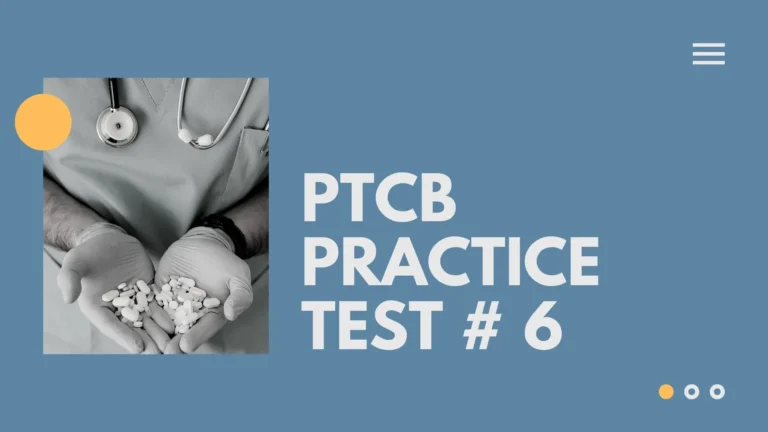Learn More Teas RN and LPN Exit Exams
The Test of Essential Academic Skills (TEAS) is a vital assessment for individuals pursuing a career in nursing, specifically for Registered Nurses (RNs) and Licensed Practical Nurses (LPNs). Both the TEAS RN and TEAS LPN exit exams play a crucial role in evaluating the essential skills and knowledge necessary for effective nursing practice. Understanding the differences, structures, preparation strategies, and implications of these exams can help aspiring nurses succeed in their educational and professional journeys.
Importance of TEAS RN and LPN Exit Exams
The TEAS exams serve as a standardized measure of academic preparedness for nursing students. They assess fundamental competencies in reading, mathematics, science, and English language usage, which are critical for success in nursing programs and future careers.
For RNs, the TEAS RN Exit Exam is often a requirement for graduation from nursing programs. This exam evaluates more advanced content, reflecting the comprehensive knowledge required for RN roles, which typically involve greater responsibilities in patient care, critical thinking, and decision-making.
Similarly, the TEAS LPN Exit Exam serves as a benchmark for those pursuing practical nursing. While the content may overlap with the RN version, it is tailored to the scope of practice for LPNs, focusing on essential skills necessary for providing direct patient care under the supervision of RNs and physicians.
Passing these exams is crucial not only for graduation but also for securing licensure, as many states require a minimum passing score on the TEAS for candidates to sit for the NCLEX-RN or NCLEX-PN exams.
Structure of the TEAS RN and LPN Exit Exams
Both the TEAS RN and LPN exams are structured similarly, consisting of four main sections:
- Reading: This section assesses reading comprehension skills, including the ability to analyze, interpret, and evaluate various texts. Candidates encounter passages from different genres and must answer questions that demonstrate their understanding.
- Mathematics: The math section evaluates arithmetic skills, algebra, and data interpretation. Candidates must solve problems, perform calculations, and apply mathematical concepts relevant to nursing scenarios.
- Science: The science portion assesses knowledge in areas such as biology, chemistry, anatomy, and scientific reasoning. This section is critical for understanding patient health, medical treatments, and the physiological processes involved in nursing care.
- English and Language Usage: This section focuses on grammar, punctuation, and sentence structure. Effective communication is vital in nursing, making this assessment essential for evaluating candidates’ ability to document and communicate clearly.
While both exams contain similar content areas, the TEAS RN exam may include more complex scenarios and in-depth questions to reflect the advanced responsibilities of registered nurses.
Preparation Strategies
Preparing for the TEAS RN and LPN exit exams requires a strategic approach. Here are several effective strategies to enhance readiness:
- Familiarize Yourself with the Exam Format: Understanding the structure and types of questions is crucial. Taking practice tests can help candidates become accustomed to the timing and pressure of the actual exam.
- Create a Comprehensive Study Plan: Developing a study schedule allows candidates to allocate sufficient time for each subject area. A balanced approach ensures all content areas are covered, reinforcing strengths and addressing weaknesses.
- Utilize High-Quality Study Materials: Investing in reputable TEAS study guides, online resources, and practice exams can provide valuable insights. Many resources offer detailed explanations for answers, helping candidates understand the rationale behind correct responses.
- Engage in Active Learning: Active learning strategies, such as summarizing information, teaching concepts to peers, or using flashcards, can enhance retention and understanding.
- Join Study Groups: Collaborating with classmates can foster discussion and provide support. Group study sessions can enhance motivation and create a more dynamic learning environment.
- Practice Critical Thinking: Since many questions require application and analysis, developing critical thinking skills is essential. Engaging with case studies or clinical scenarios can strengthen this ability.
- Prioritize Health and Well-Being: Maintaining physical and mental health during preparation is vital. Regular exercise, balanced nutrition, and adequate sleep can significantly improve focus and retention.
Implications of the TEAS RN and LPN Exit Exams
The TEAS exit exams have far-reaching implications for nursing students. First, they serve as a measure of academic readiness, ensuring that candidates have mastered the essential skills necessary for nursing practice. This assessment can also guide students in identifying areas for improvement, allowing for targeted study and skill development.
Second, success on the TEAS exams boosts confidence. Knowing they have met the required competencies can empower graduates as they transition into their nursing careers, instilling a sense of preparedness to tackle the challenges of patient care.
Lastly, strong performance on the TEAS exams can enhance job prospects. Many employers consider TEAS scores during the hiring process, viewing them as indicators of a candidate’s potential for success in nursing roles. Excelling on these assessments can open doors to various opportunities within the healthcare field.
Conclusion
The TEAS RN and LPN Exit Exams are essential components of the nursing education process, serving as benchmarks for evaluating essential skills and knowledge. By understanding their importance, structure, and preparation strategies, nursing students can position themselves for success in these assessments. As they embark on their careers in healthcare, the knowledge and skills gained through preparation for the TEAS exams will serve as a solid foundation for effective and compassionate nursing practice. By approaching these exams with diligence and commitment, candidates can take significant steps toward achieving their professional aspirations in nursing.

